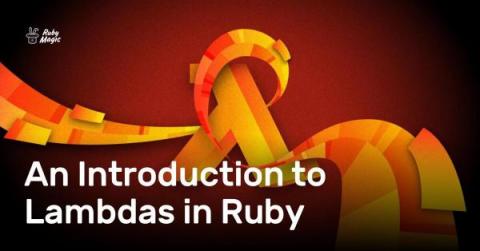How to Delegate Methods in Ruby
Delegation in programming refers to handing off a task from one part of a program to another. It's an essential technique in object-oriented programming, empowering clean, maintainable code by ensuring that each object or method is responsible for a specific task or behavior. Understanding and using delegation is key to mastering Ruby and other object-oriented languages. Delegation promotes separation of concerns, making your code more modular and easier to understand, test, and refactor.










